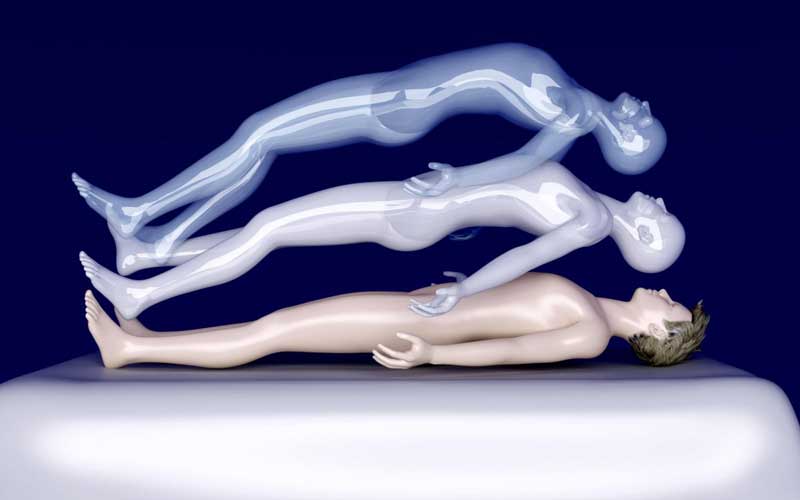×
The Standard e-Paper
Smart Minds Choose Us

You wake up in the middle of the night and discover that you cannot move. You feel an evil presence in the room, lying in wait. You try to run, but your feet feel like lead. You try to scream but no sound comes out. The monster creeps closer and starts choking you, suffocating you...This might sound like the script of a low-budget horror movie, but it is reality for many people who experience sleep paralysis.